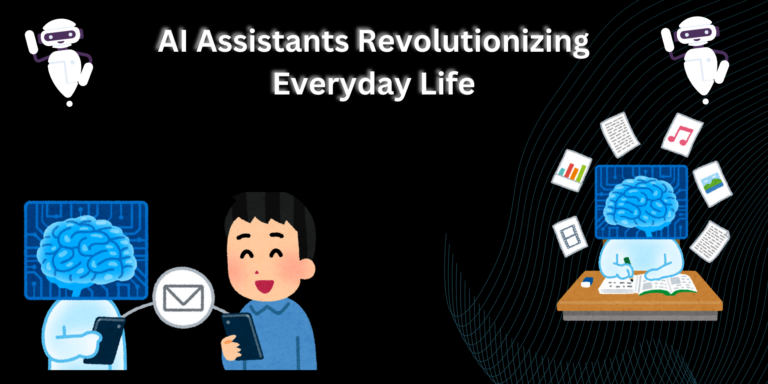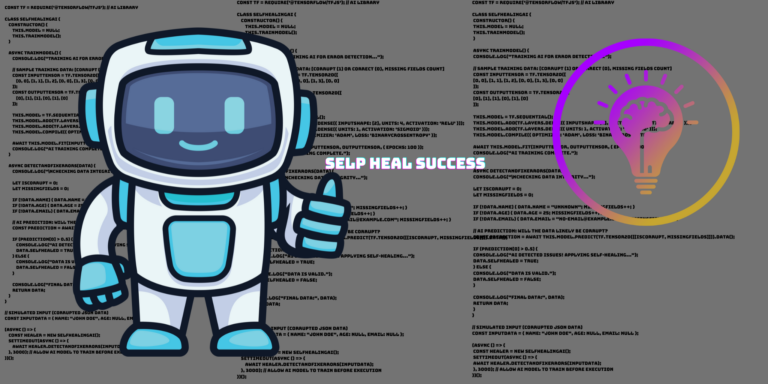Quantum computing’s roots lie inside the ideas of quantum mechanics, a branch of physics that explores the conduct of relay and electricity at atomic and subatomic tiers. Unlike classical computer structures, which use bits as gadgets of facts (represented as 0 or 1), quantum PC structures use quantum bits, or qubits. Qubits can exist in a couple of states simultaneously, due to the concepts of superposition and entanglement, enabling quantum laptop structures to carry out complex calculations at extraordinary speeds.
The theoretical groundwork was laid within the 1980s with the aid of physicists like Richard Feynman and David Deutsch, who anticipated machines that would leverage quantum phenomena to clear up issues intractable for classical computers. Early milestones protected Peter Shor’s algorithm for factoring huge numbers and Lov Grover’s quantum search set of rules, each of which proved the capacity for quantum velocity in specificks in the United States.
Major Breakthroughs Leading to 2025
The adventure from concept to sensible quantum computing has been marked by significant milestones:
- Quantum Supremacy (2019): Google’s Sycamore quantum processor carried out an undertaking in 200 seconds that could take the world’s most effective classical supercomputer 10,000 years. This success underscored the potential of quantum computing to tackle troubles beyond classical competencies.
- Error Correction Advances (2020-2023): One of the main hurdles in quantum computing has been blunder correction. Advances in quantum error correction codes, together with floor codes and topological qubits, have notably reduced blunder expenses, making computations more dependable.
- Scaling Up Qubits (2023-2025): Companies like IBM, Rigetti, and IonQ have made huge strides in scaling quantum structures. IBM’s Condor processor, with 1,121 qubits, became the first quantum processor to go over the 1,000-qubit threshold, setting the stage for greater effective computations.
- Quantum Networking: The improvement of quantum verbal exchange channels and quantum internet prototypes has enabled steady information switch via quantum key distribution (QKD), supplying unprecedented cybersecurity.
- Hybrid Quantum-Classical Systems: The integration of quantum processors with classical supercomputers has opened avenues for hybrid algorithms, enhancing computational efficiency.
Quantum Computing in Action
As of 2025, quantum computing is now not a futuristic concept but an operational tool driving real global packages.
1. Healthcare and Drug Discovery
Quantum computing has revolutionized the pharmaceutical industry by way of accelerating drug discovery and protein folding simulations. Simulating molecular interactions, which would take classical computers years, can now be executed in weeks or days. Companies like Pfizer and Moderna have leveraged quantum algorithms to lay out vaccines and capsules more correctly, addressing worldwide health crises with unheard-of velocity.
2. Cryptography and Cybersecurity
While quantum computing poses a danger to conventional cryptographic systems, it additionally affords answers. Post-quantum cryptography algorithms and quantum key distribution are being advanced to secure sensitive communications in opposition to capability quantum assaults. Governments and companies are racing to undertake quantum-resistant encryption to protect important infrastructure.
3. Financial Modeling
Financial institutions have embraced quantum computing to optimize portfolios, fee derivatives, and simulate economic eventualities. By processing huge datasets and fixing complicated optimization problems, quantum algorithms offer insights that force higher decision-making.
4. Logistics and Optimization
Industries reliant on logistics, which include transportation and supply chain control, have benefited immensely from quantum computing. Quantum algorithms optimize shipping routes, warehouse layouts, and inventory control, lowering costs and increasing efficiency.
5. Artificial Intelligence and Machine Learning
Quantum computing has more desirable device studying fashions by accelerating education approaches and improving fact evaluation competencies. Quantum neural networks and quantum support vector machines are pushing the bounds of AI, permitting breakthroughs in natural language processing, photograph recognition, and predictive analytics.
Challenges and Ethical Considerations
Despite its vast capability, quantum computing faces numerous challenges:
- Technical Hurdles: Building stable qubits, minimizing decoherence, and scaling structures continue to be ambitious challenges. Quantum computers require extraordinarily low temperatures and remote environments, making them expensive and hard to maintain.
- Talent Shortage: The specialized knowledge required to expand and function quantum structures has created a call for delivery holes within the group of workers. Universities and corporations are now investing heavily in quantum training and schooling.
- Ethical Concerns: As quantum computing becomes more reachable, its misuse poses risks. Quantum algorithms could be weaponized to crack encryption or disrupt systems, necessitating strong governance frameworks.
- Economic Disparities: The excessive prices of quantum technology improvement and deployment might also widen the distance between advanced and developing nations, creating new inequalities in technological access.
The Global Quantum Race
Countries and groups are investing closely in quantum research, recognizing its strategic significance. The United States, China, and the European Union are leading the charge with multi-billion-dollar quantum initiatives geared toward achieving technological dominance. Private agencies, which include Google, IBM, Microsoft, and startups like Xanadu and D-Wave, are driving innovation and competing to commercialize quantum technologies.
China, as an instance, has made great strides in quantum verbal exchange, demonstrating satellite TV for PC-based totally QKD and building a 2,000-kilometer quantum conversation network. The U.S. National Quantum Initiative, launched in 2018, continues to fund contemporary studies and collaboration between academia and industry.
The Road Ahead
As we look to the future, the evolution of quantum computing will possibly focus on:
- Increased Accessibility: Cloud-based quantum computing structures are making quantum resources available to agencies and researchers internationally. Companies like Amazon Braket and Microsoft Azure Quantum provide scalable quantum services, democratizing access.
- Advanced Quantum Algorithms: Researchers are growing new algorithms tailored for quantum systems, increasing the range of solvable issues. These consist of advancements in quantum simulation, optimization, and artificial intelligence.
- Standardization and Interoperability: Establishing worldwide requirements and protocols for quantum computing will facilitate collaboration and integration across systems.
- Quantum Education: Expanding academic projects to teach a new era of quantum scientists, engineers, and builders can be essential to maintaining increase.
- Ethical Frameworks: International collaboration can be important to develop ethical recommendations and governance systems that make sure quantum technologies are used responsibly.
Conclusion
Quantum computing in 2025 stands as a testament to human ingenuity and the relentless pursuit of expertise. From its theoretical foundations to its sensible packages, the adventure of quantum computing exemplifies the intersection of technological information and innovation. While demanding situations remain, the strides made in recent years provide a glimpse right into a future wherein quantum computing reshapes industries, solves complex international problems, and propels humanity toward unparalleled opportunities. As we keep harnessing the energy of quantum mechanics, the evolution of quantum computing promises to be a defining breakthrough in the technological narrative of the twenty-first century.















